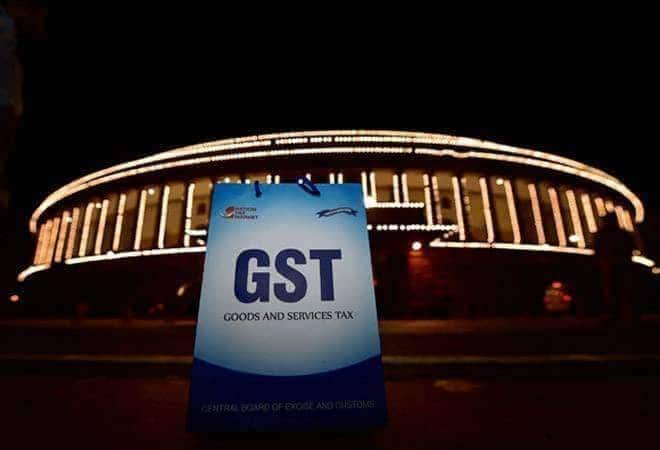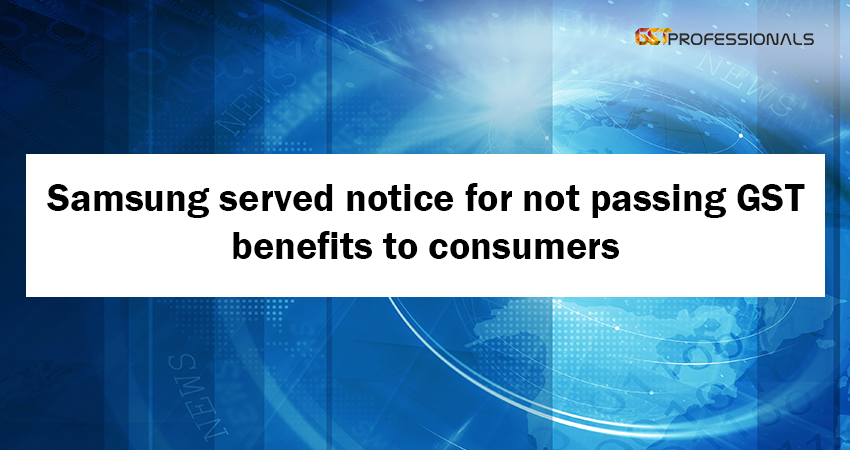No decision on GST return simplification, E-Way bill to be implemented from April 1
The 26th GST Council meeting on Saturday failed to come up with any conclusive simplification process after deliberating on two models and has now postponed the decision for next Council meeting, but E-way bill will be implemented from April 1.
According to Finance Minister Arun Jaitley, there is a need to ensure there is no evasion of tax taking place under the new system and hence there is a need for further discussion. “We have decided to form a GoM that will look into the matter and deliberate with IT experts to come up with a possible solution,” said Jaitley.
The current system of filing GSTR 3B will be applicable for the next 3 months.
The Group of state finance ministers under Bihar Deputy Chief Minister Sushil Modi met on February 24 to discuss the simplification process with Nandan Nilekani making a detailed presentation of what the future tax filing system could be. However, it seems a consensus has not been raised and Jaitley today expressed concern that revenue was not growing as expected post GST.
According to Deloitte India, Partner, MS Mani the government has clearly realized it needs more time to work on return simplification and therefore the existing structure will continue till June. “In addition they have said reverse charge mechanism has been suspended till June 30, the TDS/TCS mechanism has also been postponed till June 30,, which to me indicates that the Council is clear that the simplification has to be done but, they need time to figure out the mechanics. It is a good sign that such extensions have been provided and possibly before June they will come up with something that is tried, tested and workable,” says MS Mani.
For exporters reeling post GST rollout, the FM provided some succor and said tax exemptions for exporters has been extended for six months while e-Wallet scheme has been deferred till October.
With total revenue collection under GST for the month of January, till February 25 coming in at Rs 86,318 crore compared to Rs 86,703 crore in December 2017, the E-way bill is considered as an essential piece of the anti-evasion measure. Crucially, it has now been announced that E-way bill would be rolled out from April 1 for inter-state movement of goods and for intra-state movement of goods the specific date has not been announced, but will be in a staggered manner and not later than June 1.
According to Mani, while the staggered approach of launching intra-state E-way bill is good, it may pose some hurdles for businesses. “For pan-India businesses that send goods from one state to another, the three months would mean some states would have E-Way bill while others may not. This may make compliances very difficult for businesses operating on a pan-India basis,” says Mani.
According to Abhishek A Rastogi, Partner, Khaitan & Co, it appears that the Council would want to do a little more wait and watch around the compliance issues. From the revenue collection perspective, it was imperative that interstate E-way bill gets implemented from April 1l. However, it is expected that the assesses will not face the systems issues and that the network is ready to take the load. The announcement for stage wise implementation for Intra-state E way bill, to be rolled out from April 15, is very pragmatic and should be thoroughly tested before implementation,” says
Reverse charge mechanism
The liability to pay tax on reverse charge basis has been deferred till June 30,2018. In the meantime, a Group of Ministers will look into the modalities of its implementation to ensure that no inconvenience is caused to the trade and industry.
“While deferment of reverse charge mechanism for purchases from unregistered suppliers is a welcome move, the GST council should consider completely scrapping such a draconian provision. Two separate writ petitions on this issue are scheduled to be heard on March 14 and the constitutional validity of this provision will be tested in Delhi High Court,” said Rastogi.
According to Mani if the government has to be considerate in ensuring there are not too many compliances, businesses need to be equally responsible in paying their taxes. “If businesses pay what they are meat to, possibly compliance can be less cumbersome, but at this stage when collections have dipped one can understand the motive behind this,” says Mani.
Source: www.economictimes.indiatimes.com




